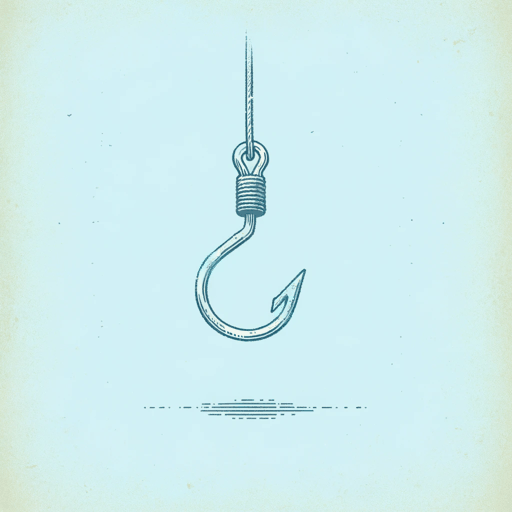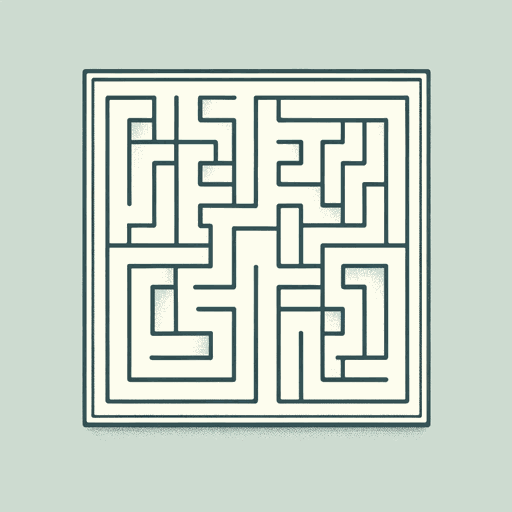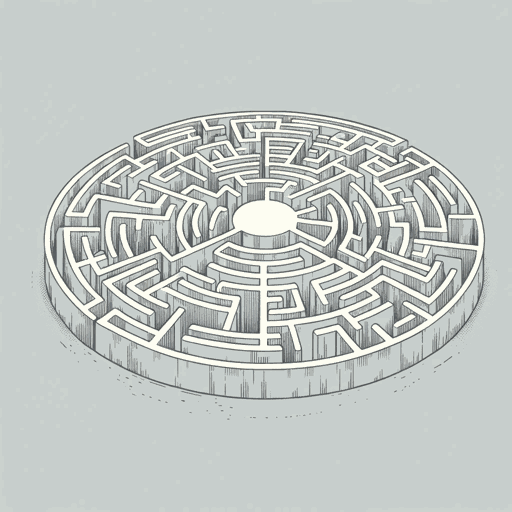54 pages • 1 hour read
James DashnerThe Kill Order
Fiction | Novel | YA | Published in 2012A modern alternative to SparkNotes and CliffsNotes, SuperSummary offers high-quality Study Guides with detailed chapter summaries and analysis of major themes, characters, and more.
Themes
The Greater Good and the Value of Human Life
The novel’s fundamental ethical problem is that the PFC takes it upon itself to decide how to reduce the population in order to allow humanity to endure in a time of great crisis, and in doing so, places an unequal value on human life. In this, the PFC follows Utilitarianism’s greater good theory, proposed by 19th-century British philosopher John Stuart Mill. The basis of the greater good theory is that an action’s benefit to society is weighed by whether it can provide the greatest positive outcome to the greatest number of people, i.e., whether it increases or decreases a society’s net happiness. This theory leads to ethically ambiguous scenarios, such as the famous theoretical example of a physician killing one healthy person to save the lives of five people who need organ donations. In that case, five is greater than one, so killing one healthy individual to save five sick ones benefits the greater good.
The PFC decides that the only way society as a whole can survive is be to remove certain communities of people to lessen the overall burden on the food supplies; the solar flares have left the earth scorched and unable to produce large quantities of food.
Related Titles
By James Dashner




